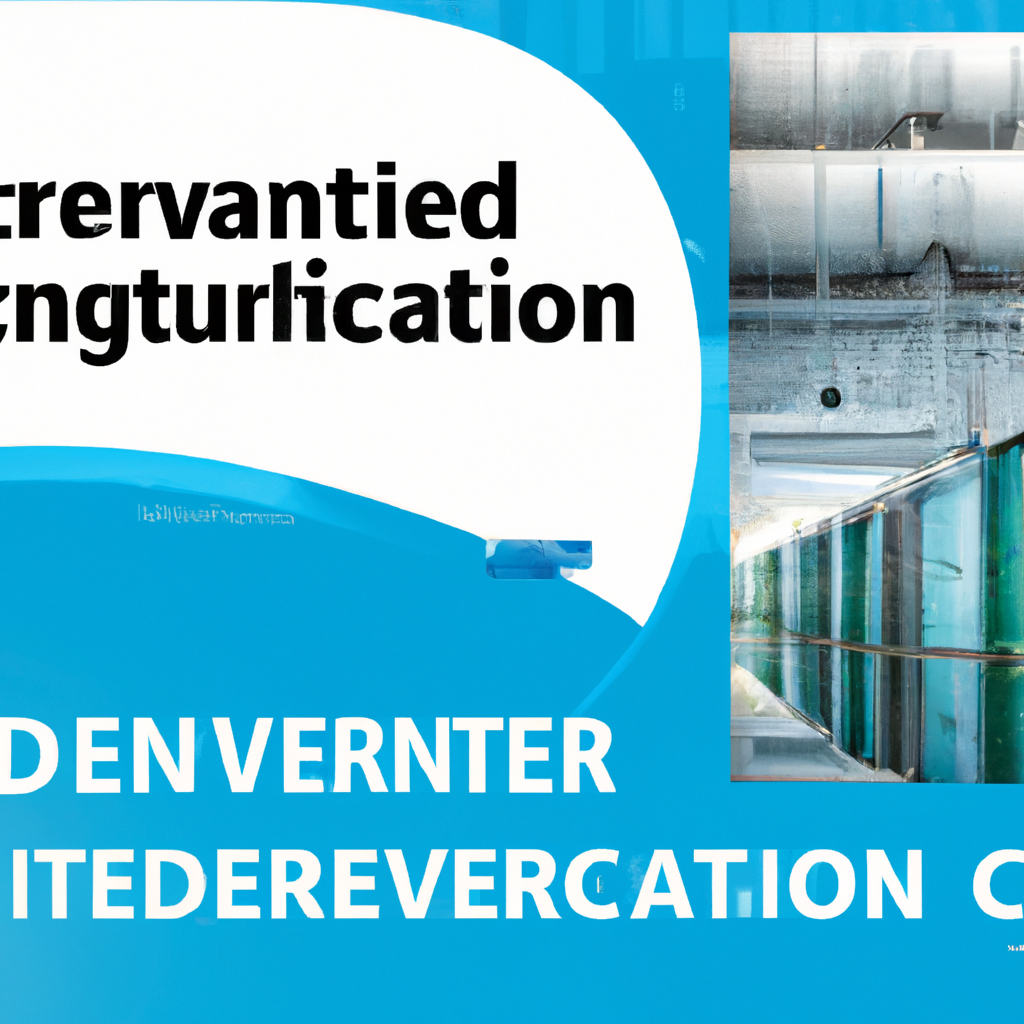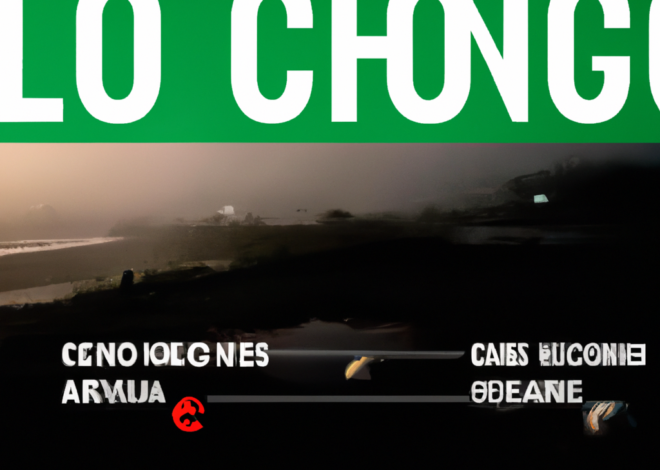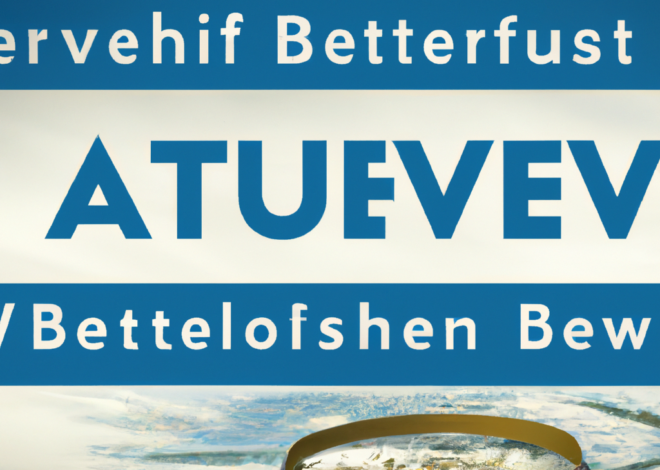
5. wassertechnologie
**Summary:**
Wassertechnologie, or water technology, encompasses innovations and systems aimed at managing and improving water resources. This article explores its significance, applications, and future potential.
**SEO-friendly Excerpt:**
Explore the importance of Wassertechnologie and its role in sustainable water management and innovation for the future.
—
### Wassertechnologie: Innovations in Water Management
Wassertechnologie, or water technology, is an interdisciplinary field focused on the development and application of technologies aimed at improving the management, distribution, purification, and conservation of water resources. As global water scarcity and environmental concerns continue to rise, the significance of Wassertechnologie has become increasingly apparent. This sector not only addresses immediate water challenges but also promotes sustainable practices that can lead to long-term solutions.
#### The Importance of Wassertechnologie
Water is a fundamental resource essential for life, agriculture, industrial processes, and energy production. However, according to the United Nations, nearly 2 billion people currently live in countries experiencing high water stress. Furthermore, climate change, population growth, and urbanization exacerbate water availability issues, making innovative water management solutions critical.
Wassertechnologie aims to provide such solutions by employing advanced methodologies and technologies that enhance the efficiency of water use. This can involve processes such as water recycling, desalination, and the use of smart sensors for monitoring water quality and usage. By improving water management systems, Wassertechnologie contributes to public health, environmental sustainability, and economic growth.
#### Key Applications of Wassertechnologie
1. **Water Purification and Treatment:**
Advanced filtration systems, chemical treatments, and biological processes are employed to ensure safe drinking water. Technologies like reverse osmosis and ultraviolet disinfection are pivotal in removing contaminants and pathogens from water sources.
2. **Desalination:**
With freshwater resources dwindling in many regions, desalination has emerged as a crucial technology. This process converts seawater into potable water, making it a viable option for coastal communities facing freshwater shortages. Innovations in energy-efficient desalination methods continue to enhance the feasibility of this approach.
3. **Water Recycling and Reuse:**
Wastewater treatment technologies are becoming increasingly sophisticated, enabling the recycling and reuse of water for non-potable applications such as irrigation and industrial processes. This not only conserves freshwater resources but also reduces the burden on wastewater treatment facilities.
4. **Smart Water Management:**
The integration of digital technologies is transforming how water resources are monitored and managed. Smart sensors and IoT (Internet of Things) devices allow for real-time data collection on water quality, usage, and distribution, leading to more informed decision-making and efficient resource management.
5. **Rainwater Harvesting Systems:**
Innovations in rainwater collection and storage systems provide communities with an alternative source of freshwater. These systems can be particularly effective in areas with seasonal rainfall, allowing for the capture of rain for later use.
#### The Future of Wassertechnologie
The future of Wassertechnologie looks promising, as investments in research and development continue to grow. Governments, private sectors, and NGOs are increasingly recognizing the need for sustainable water solutions. Emerging technologies such as nanotechnology, advanced materials, and artificial intelligence are expected to play a pivotal role in addressing the water crisis.
Additionally, public awareness and engagement in water conservation practices are crucial for the successful implementation of Wassertechnologie. Educational initiatives aimed at promoting responsible water usage can significantly impact water sustainability efforts.
#### Conclusion
Wassertechnologie represents a vital component of global efforts to secure clean and sustainable water resources for future generations. By leveraging innovative technologies and promoting efficient water management practices, this field offers promising solutions to some of the most pressing water-related challenges faced today. The continued collaboration between governments, industries, and communities will be essential in advancing this critical technology and ensuring equitable access to water for all.


